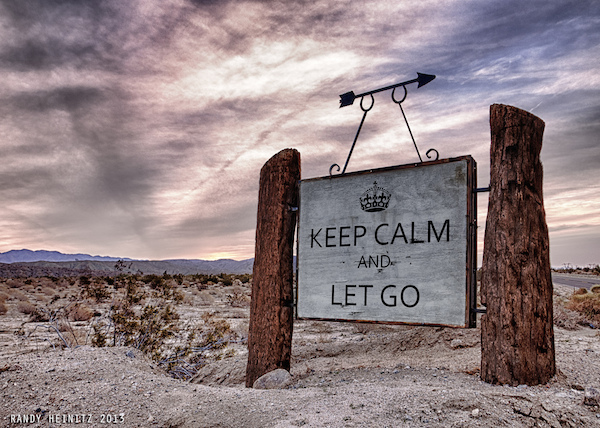As a therapist, I often see people in relationships who question if what they’re experiencing is abuse or just unhealthy. Many of us grow up in family homes in which unhealthy or abusive relationships were modeled by our caregivers, and often this leads to a distorted view of what is ‘normal’ in regard to how people in a relationship should treat each other. Relationship dysfunction tends to be handed down throughout generations for just that reason… we are only acting in the way we learned and don’t even know it is toxic… so it is no wonder that it is difficult to change. As with many things, the first step to change is the awareness of the problem. So this begs the question, “How can you identify a healthy relationship versus an unhealthy (or even abusive) one?”
Signs of a Healthy Relationship:
Open and respectful communication between partners
Partners trust each other and they aren’t required to “prove” how trustworthy they are
Partners are honest with each other, but they still are able to have privacy (private thoughts/private moments)
Partners make decisions together, or with each other’s input
Partners enjoy spending time together or apart, and respect each other’s urge for time apart and individual interests
Partners talk openly about sexual choices, and each partner willingly consents to sexual activity
Partners have equal say about financial decisions, and each person has access to resources
Signs of an Unhealthy Relationship:
Partners fight or completely avoid discussing problems when they occur
Partners use passive-aggressive communication or sarcasm to express themselves
Partners are not considerate of one another, or they may consider their needs more important than the needs of the other
Partners lie to each other
One or both partners feel pressured to engage in sexual activity
Only one partner is responsible for making decisions
Finances are not discussed, or only one partner is in charge of finances
Signs of an Abusive Relationship:
Partners communicate in a way that is threatening, hurtful, insulting, or demeaning
One partner doesn’t respect the feelings, thoughts, or even the physical safety of the other
One partner accuses the other of cheating or having an affair when it’s not true
One partner minimizes or blames the other for abusive behavior
One partner controls all decisions without the other’s input
One partner isolates the other from their family and friends
One partner forces the other to engage in sexual activity
One partner controls all money and access to resources
While conflict is normal in all relationships, arguments shouldn’t become attacks. If you’re unable to express yourself to your partner without fear of retaliation, you may be experiencing abuse.
If you would like to have greater clarity on the health of your relationship, I would encourage you to work with a professional to help you navigate this process.
If you are in the Lancaster, PA area, please contact me at (717) 288-5064 / gregghammond@restoringbalancelancaster.com and schedule an appointment today.



